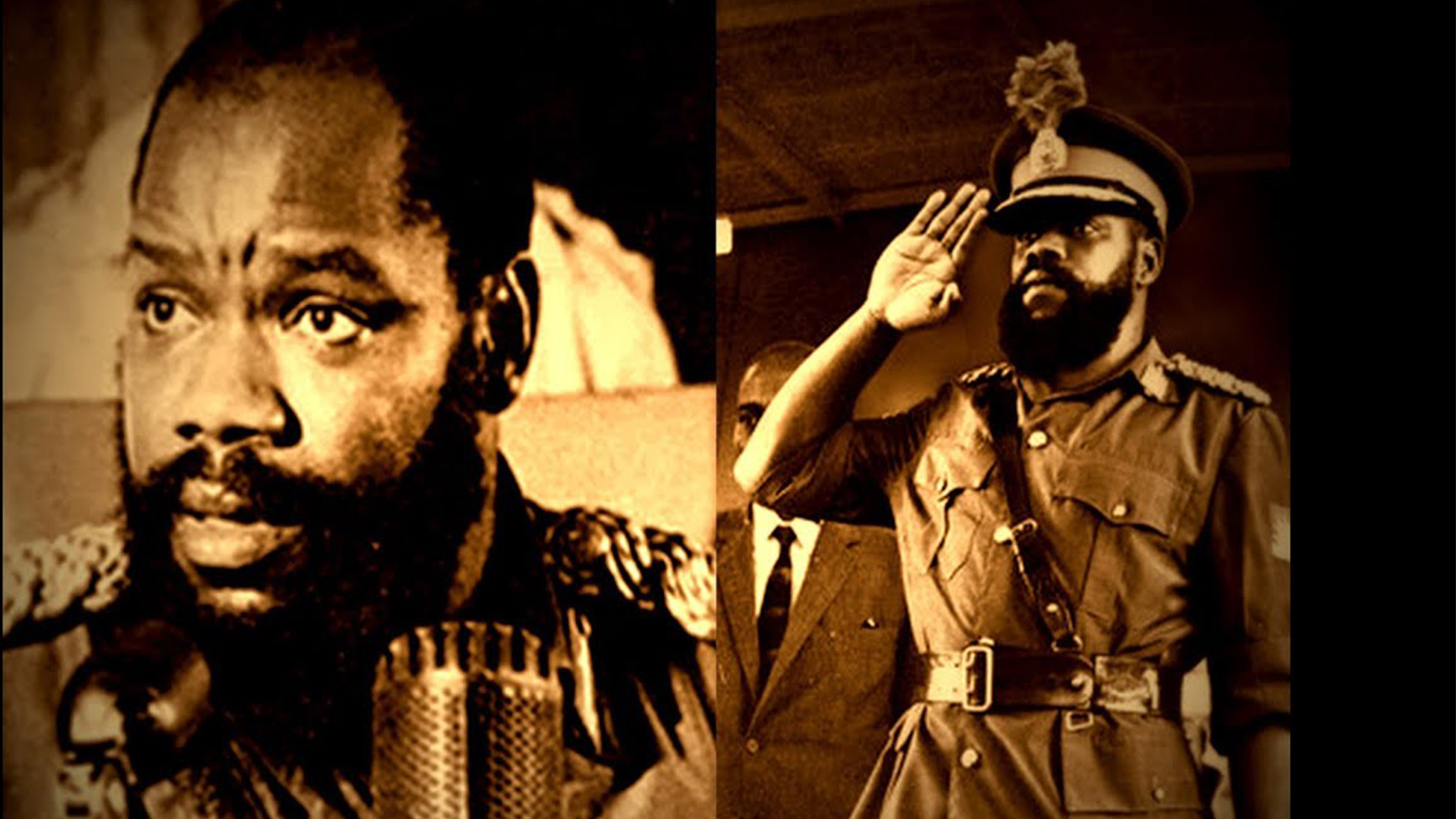“You must clear the enemy from Obinze in 24 hours or submit your resignation from the army.”
– General C. Odumegwu Ojukwu to Lt. Col. Ogbugo Kalu.
Few hours after, Lt. Col. Kalu, valiantly ordered a heavy counter attack with the Biafran forces using the Ogbunigwe mine. Victoriously regained 80% grounds, and halted the Nigerian battalions that advanced towards Owerri from Port Harcourt.
Only Col. E.A. Etuk’s Nigeria 16th Division could withstand the heavy, and strategic bombardment, Lt. Col. Kalu championed with nearly 60,000 rounds of ammunition, 300 mortars, 200 howitzer shells, and 20 anti-tank weapons.
The attack on the Nigerian forces were so gruesome to the point that Nigeria’s General Yakubu Gowon had to order for the immediate retreat of the rest of his surviving army in that region. But the 16th Division led by Col. E.A. Etuk remained resolute, and fought gallantly for four months till they couldn’t withstand Kalu’s command of military prowess, and his 14th division’s gallantry.
Read Also: IPOB declares sit-at-home on May 30 to honour fallen heroes
However, it is on record that Col. E.A. Etuk’s tactical withdrawal of the Nigerian forces back to Lagos from Biafra land without any casualty on their part was in deed legendary, and even more glorifying, when one realised that he was in his mid-twenties when he carried out the feat.
After the war, and the reconciliation of both warring countries instead of the Federal Government of Nigeria to re-absorb Kalu into the Nigeria’s Army, in order to tap his military tactics, having been trained in Royal Military Academy Sandhurst, United Kingdom, and was commander of the Nigerian Military Training College (NMTC) in Kaduna prior to the war; he was not only dismissed but imprisoned.
Col. E.A. Etuk, a southerner from Cross River, the most formidable military commander from the Nigerian side, was never promoted above his rank in spite of his bravery, and military ingenuity during the war till he was retired in his early forties before attaining the retirement age.
Almost all the senior civil servants from Biafra lost their positions including Professor Chinua Achebe who was a director in Nigeria Broadcasting Commission, and those that were lucky to be retained were made subordinates to the the Hausa-Fulani that were previously their juniors in the ministries or parastatals.
